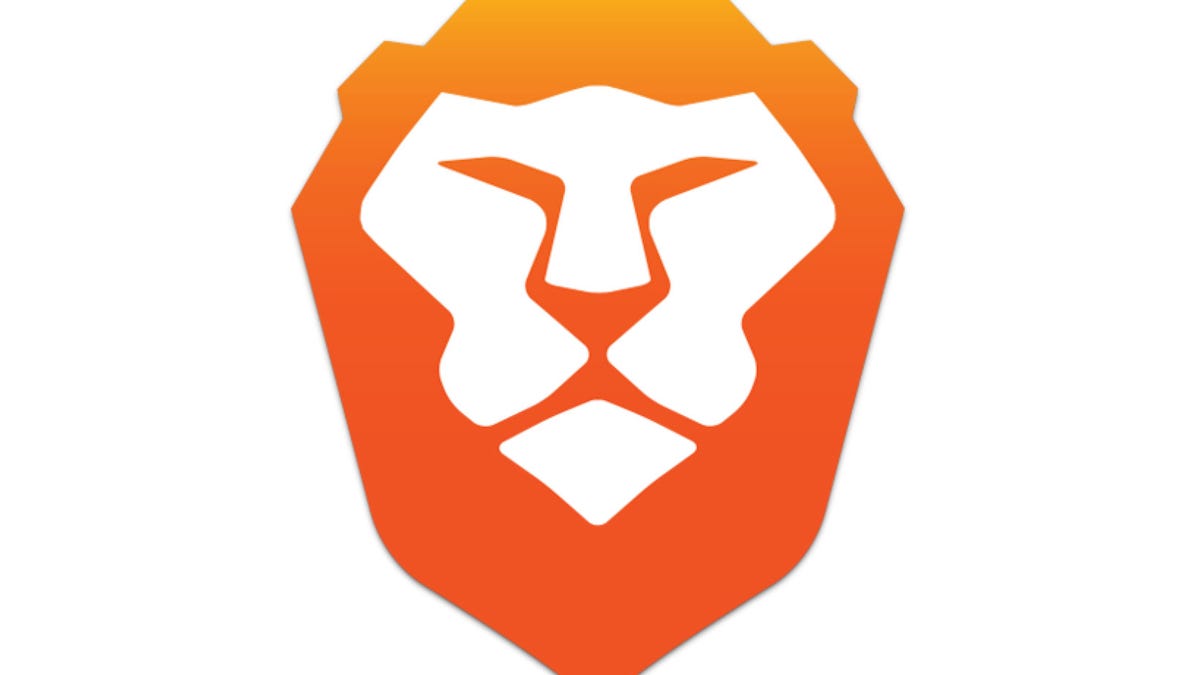Brave gets first partner in push for privacy-protecting ads
The browser maker's deal with Bitcoin info site CoinDesk is a step toward Brave's and those looking for an internet free of intrusive ads.

Brave gives users a cut of its ad revenue.
Brave Software has signed a publishing partnership the browser maker hopes ultimately will help rid the web of privacy-invading advertisements.
Brave, the startup led by Mozilla co-founder and JavaScript inventor Brendan Eich, announced the deal Tuesday with CoinDesk, a website with news and information about the Bitcoin digital currency.
Under the first phase of the deal, Coindesk has begun promoting the browser on its website, has cut out ads from third-party advertising suppliers, and can garner revenue from Brave users who choose to pay publishers through the browser. Those payments use the existing Brave Payments technology, which anonymously pays the publishers whose websites people visit.
But Eich said he hopes the deal will deepen. First on his agenda is help from Brave that could let CoinDesk show ads without intrusive technology that tracks users. Second is the possibility of showing ads that Brave itself supplies -- the core part of the company's long-term business effort.
Coindesk is no high-profile web publisher like Yahoo or The New York Times, and Coindesk said it's just evaluating the technology so far, but it is an important step for Brave, which launched this year.
If you've heard of the company at all, it's probably because its browser has ad blocking built in. But its longer-term plan isn't to banish ads, but instead to replace traditional and often privacy-invading ads with its own. If it succeeds, it could help to preserve free, ad-supported websites while freeing us from some of online ads' intrusiveness.
Online advertisers often use tracking technology to figure out who they're showing ads to so they can target ads to specific categories of people. Brave targets ads, too, but the browser does the analysis on its own, so there's no tracking by advertisers and publishers. Brave and publishing partners showing its ads don't know who's seeing them, only that they were indeed seen.
Brave keeps 15 percent of the ad revenue, pays 15 percent to ad network partners that supply ads and pays 55 percent to publishers. The remaining 15 percent goes to Brave users, who can keep it or send it along to publishers. Any Brave users who want to support websites directly with their own money also can donate directly, and Brave sends the money along.
Brave uses Bitcoin for all these transactions, so perhaps it's not a surprise CoinDesk is its first partner.
Correction, 5:05 p.m. PT: This story has been updated to correct the nature of Brave-CoinDesk partnership. CoinDesk isn't showing Brave ads, but Brave hopes the deal will expand that direction.

